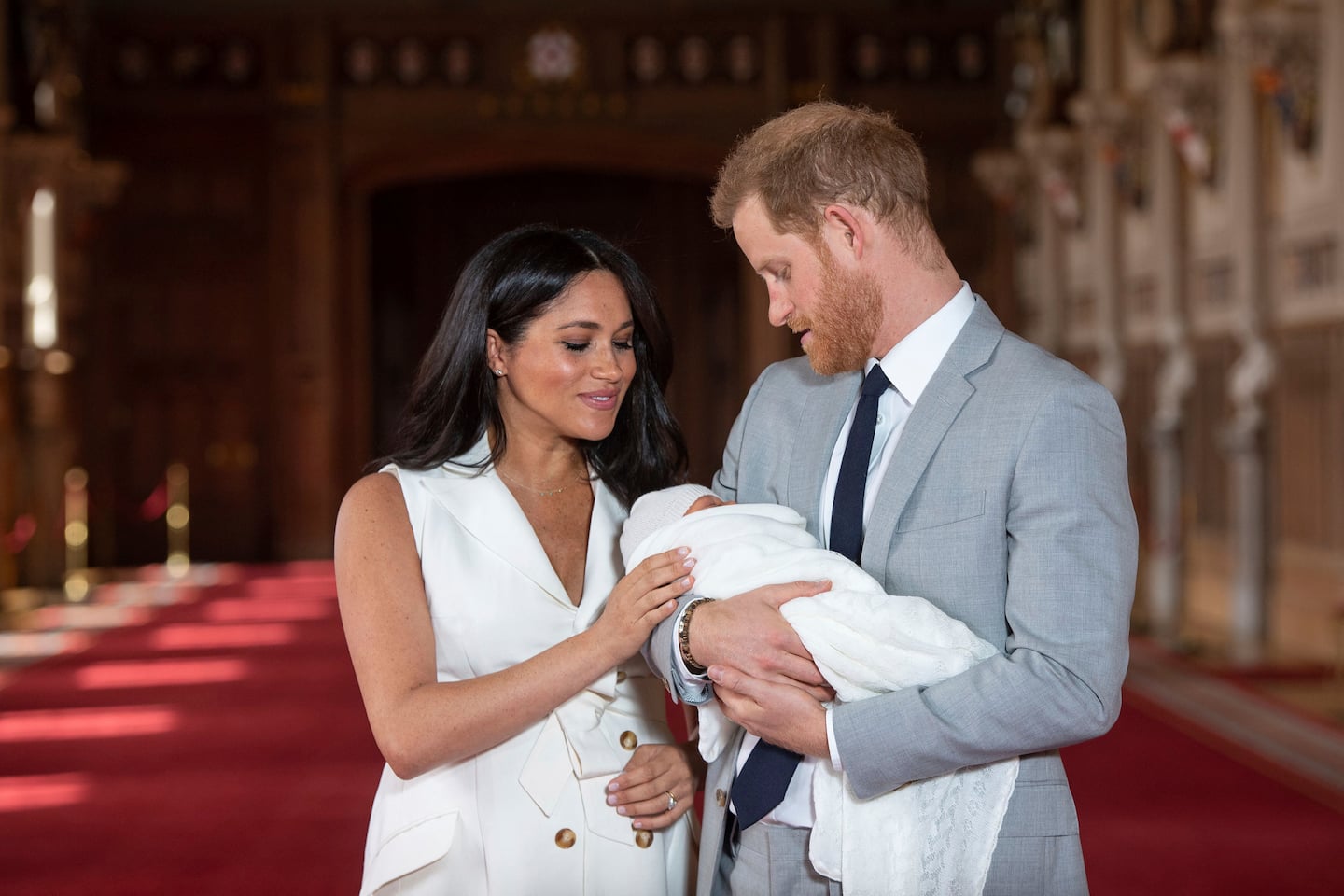The royal family saga is a mirror of America

The disparate treatment of someone with Black ancestry, the obsession with skin color, the private consternation over bloodlines and mixed marriage. Let’s not pretend that the United States has rid itself of these particular strains of the virus called racism.
We were watching ourselves in that interview.
The headlines focused on the big revelations. The Firm, as the royal enterprise is called, refused to heed pleas from the Duchess of Sussex when she was feeling suicidal. The palace refused to give baby Archie a title and a security detail. Someone in the House of Windsor was said to have shared “concerns and conversations about how dark his skin would be.”
The Duke and Duchess of Sussex have been stripped of their royal incomes and are making a new home in the rolling hills of Montecito, near Santa Barbara, Calif. But even in their gilded exile, they’ve joined a legion of wanderers who have had to make decisions about home, school and work, based on a protective strategy to avoid racism.
We can’t quite compare the estranged royals to the thousands of refugees of the Great Migration who fled racial terror in the American South. But they share a connection to families that are still moving about the country in search of schools and jobs and neighborhoods that will allow them to live safely as families of color and aspiration.
We don’t face the patchwork of restrictive laws the way we did before Supreme Court cases such as Brown v. Board of Education and Loving v. Virginia changed our racial landscape. But there are still strong forces at work that create land mines and confinements. Conversations about a fiancee’s racial background and a new child’s anticipated skin tone are more common than we care to admit. Those comments are much more likely to come from a family member, teacher or cleric than from a stranger.
My work at the Race Card Project taught me that families of all kinds are color struck; Blacks, Whites, Latinos, Greeks, South Asians, Middle Easterners, Italians and the Indigenous all engage in quiet hand-wringing over hue.
Multiracial couples are now a fact of life in the United States. More than 17 percent of newlyweds in the United States have a spouse of a different race. That‘s up from 3 percent in 1967, the year the Supreme Court legalized marriage across racial lines. Attitudes have made an even more dramatic shift: As recently as 1990, 63 percent of non-Black adults said they were opposed to a close relative marrying a Black person. By 2020, that number had dropped to 14 percent.
That is an astonishing change, and yet the heart is not the last frontier. Often as not, love and marriage are now just a portal to thornier terrain around identity, expressions of culture and the pressure to force mixed-race offspring to choose between lineages. This is not new territory for Meghan Markle, who is herself the product of a mixed-race union. Harry, who said that he didn’t see racial bias until he lived in Meghan’s shoes, will now get a close-up view of evolving attitudes around race through his own children’s experiences.
Meghan is seen as a heroine for standing up to the royal family and the British tabloids’ constant barrage of misogynoir — that special brand of misogyny aimed at strong and proud Black women. But the reality is that some of the same people that now heap praise on her for being a fierce protector of her son and a daughter on the way will also judge those children as they age and decide to embrace their blackness, or their whiteness, or whatever identity anthem they choose to sing.
Will we see them not as half of one or the other, but instead fully capable of making those decisions for themselves without comment from the sidelines? The British tabloids are a circus without equal but anyone who spends any amount of time on social media in our country knows that scrolling through the discourse on race and identity can feel like a rain of fists even on a good day.
With the royals in their rearview mirror, Harry and Meghan will make a new life in America where race and racial angst are a constant and throbbing thread in our story. Their departure from Britain is more of a change in venue than it is a true escape.
Read more:






